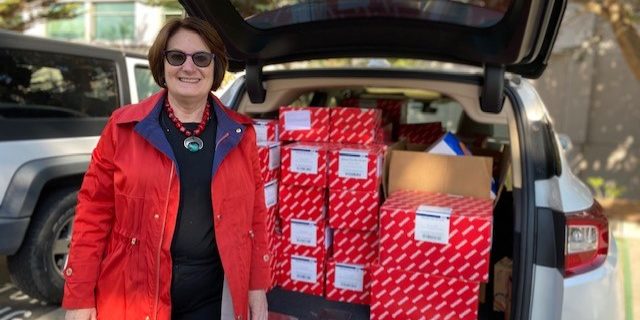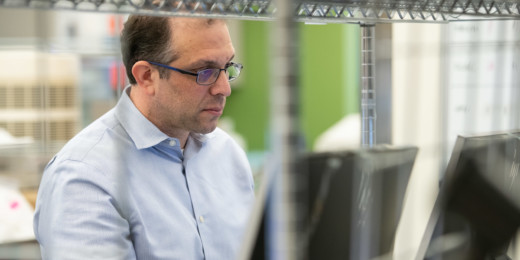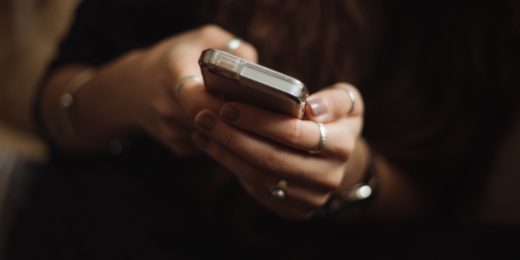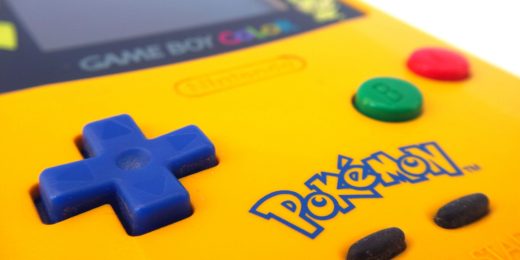As the second weekend of March approached and consumers raided grocery shelves for toilet paper, labs also scrambled to keep a sufficient stock of key supplies -- in their case, those needed to test patient samples for the virus causing COVID-19.
Tests -- including the one developed by Benjamin Pinsky, MD, PhD, and his team at the Stanford Clinical Virology Laboratory -- work by detecting RNA from the novel coronavirus in samples swabbed from a patient's nose. But as the number of people with the respiratory illness continued to climb and the need for testing mounted, the compounds and kits required for lab analysis at Stanford grew increasingly scarce.
Emails searching for spare materials landed in the inboxes of researchers, and the Stanford community sprang into action.
"It was great," said James Zehnder, MD, director of coagulation and molecular genetic pathology laboratories. "People just kept driving up with boxes and boxes of stuff. Some of it we could use immediately. Some of it we'll keep in case we need it. It was all appreciated."
Help first arrived on March 14. The lab had run out of a key reagent needed for testing, the single-stranded DNA primers used to zero in on a genetic sequence specific to coronavirus, and a new shipment wouldn't even be sent for another week. The Stanford Protein and Nucleic Acid facility came to the rescue, with Ian Anderson and other workers staying up all night to synthesize the necessary primers to replenish the supply.
"We were not going to be able to do any testing if we didn't get this," Zehnder said.
On March 16, as Stanford research labs shut down ahead of a shelter-in-place order from Santa Clara County, researchers collected spare RNA extraction kits to give to Pinsky's team.
Michelle Monje, MD, PhD, emailed her colleagues in the Lokey Stem Cell Research Building with an offer to deliver the supplies; at least 13 different labs contributed, filling her Honda Odyssey with red boxes.
"There was this really nice spirit of wanting to help as much as we could," she said.
Meanwhile, Jennifer Cochran, PhD, chair of bioengineering, was reaching out to her industry contacts including pharmaceutical companies and venture capital firms with biotech startups in their portfolios.
By 3 p.m. on March 16, Genentech in South San Francisco and Bristol Myers Squibb in Redwood City had offered kits for pickup. Cochran, who drives a small car, just needed a vehicle big enough for the supplies. Melissa Bondy, PhD, chair of epidemiology and population health, offered her SUV, and they hit the road.
Cochran said she was glad to contribute what she could to the pandemic response. "We each have a part to play," she said. "It has been inspiring to witness how the broader community has come together during this crisis."
Some Stanford researchers took the request to the Twittersphere. Carolyn Bertozzi, PhD, co-director of Stanford ChEM-H, appealed to her 17,000 Twitter followers.
And Joy Wu, MD, PhD, crafted a tweet -- highlighted with red-light emojis for urgency -- that listed needed kits. More than 450 people forwarded her words in retweets, including U.S. Rep Ted Lieu, a Democrat representing western Los Angeles. Qiagen, a key manufacturer of supplies, was among those to respond to her tweet.
By March 17, Ellen Yeh, MD, PhD, had added a new page to her lab's website: "Stanford Clinical Lab -- COVID Testing Needs." Her lab investigates the parasite causing malaria, but she's known Pinsky since their years together as pathology residents.
When she heard about possible shortages, Yeh texted Pinsky: "What do you need help with?"
The web page she created provides a hub with the latest information, as needs continuously change.
"Once my research lab was basically on halt, there was nothing stopping me from putting in as much time as I could to help," Yeh said.
To ensure that testing would continue without being overly reliant on any single type of supplies, Niaz Banaei, MD, director of the Stanford Clinical Microbiology Laboratory, suggested exploring alternate ways to conduct the tests on different types of equipment. Several companies, including Gilead, Calico and the Chan Zuckerburg Biohub, lent machines to Pinsky's lab, and last week, Banaei's team helped to refine protocols for the new instruments. This equipment, Zehnder said, has been critically important to Stanford's testing efforts.
Christina Kong, MD, vice chair of pathology clinical affairs and medical director of Pathology and Clinical Laboratory for Stanford Health Care, said the support has been heartening.
"You can feel like you're alone during this time, trying to keep the testing going," she said. "It made us feel really supported to know that everybody is combing through their labs, and combing through their companies to see, 'Do I have a piece of equipment or some kind of test kit that would fit or be useful?' "
Kong also praised Pinsky.
"He's been doing an amazing job, improvising and pivoting as we run out of different things, setting up new instruments," she said. "His ability to keep it all going is incredible."
More information about Bay Area community requests for COVID-19 testing needs is available here.
Photo of Melissa Bondy transporting RNA extraction kits, courtesy of Melissa Bondy






